
Blog
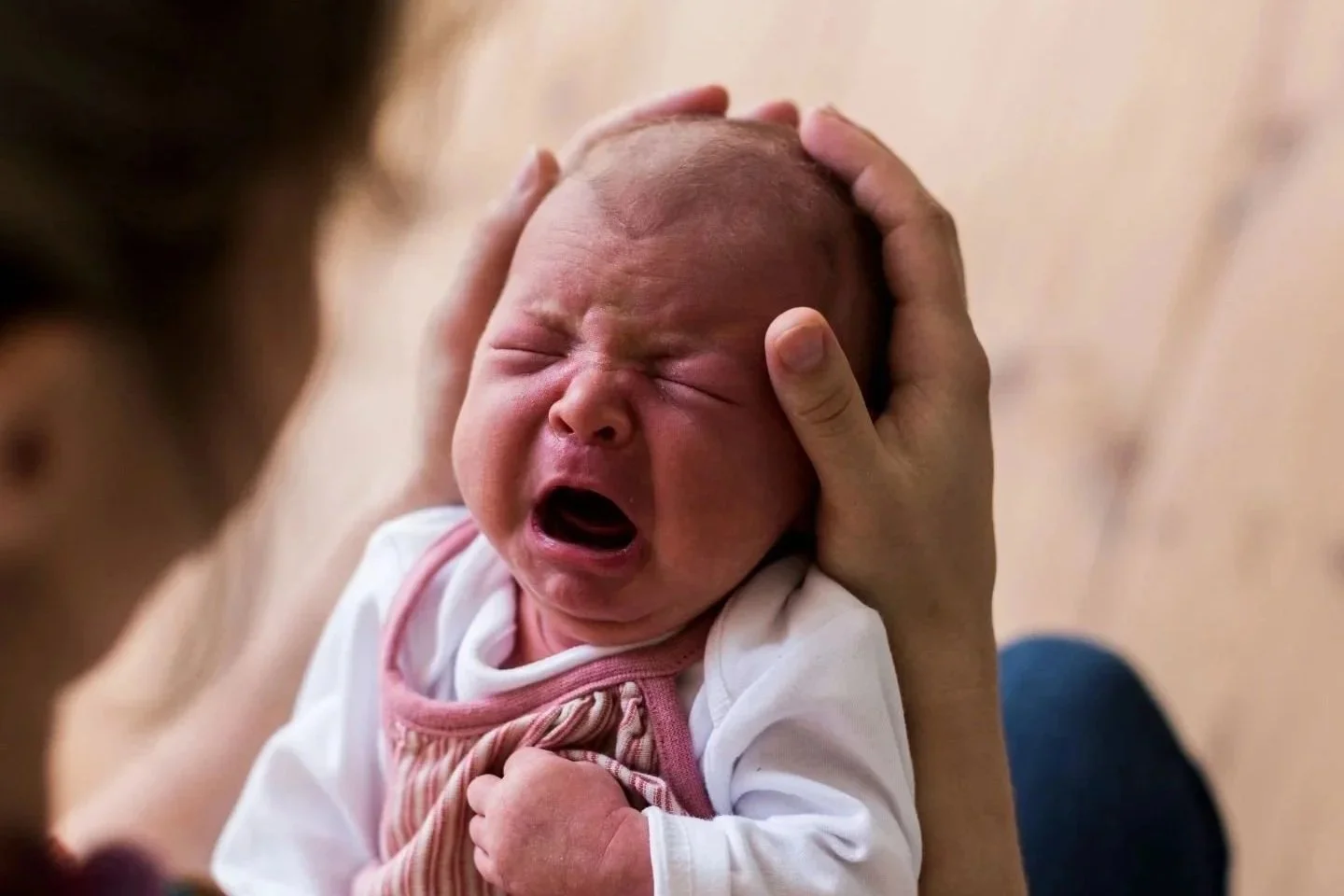
Does My Baby Have Reflux?
It’s common for babies to bring up small amounts of milk, especially in the early months. But as a parent, it can still feel worrying when you see milk coming back up after every feed. Is it normal? Should you be concerned? This blog explores what reflux is, why it happens, what’s normal, and when it’s time to seek extra help all based on NHS guidance and the latest child-health research.

Understanding Oversupply
Oversupply or hyperlactation can make breastfeeding overwhelming for both parent and baby. If your milk flow feels too fast, your breasts constantly full, or your baby struggles at the breast, it might be more than just “strong let-down.” With gentle strategies and responsive feeding, you can bring supply back into balance, protecting your comfort and your baby’s feeding experience.

Why Won’t They Poo on the Potty?
Many children happily wee on the potty but refuse to poo, hiding, holding it in, or asking for a nappy instead. This common potty-training hurdle is rarely about stubbornness; it’s about fear, discomfort, or readiness. In this blog, we explore the evidence behind poo refusal, how to break the withholding cycle, and gentle, practical strategies to help your child feel safe, confident, and in control.
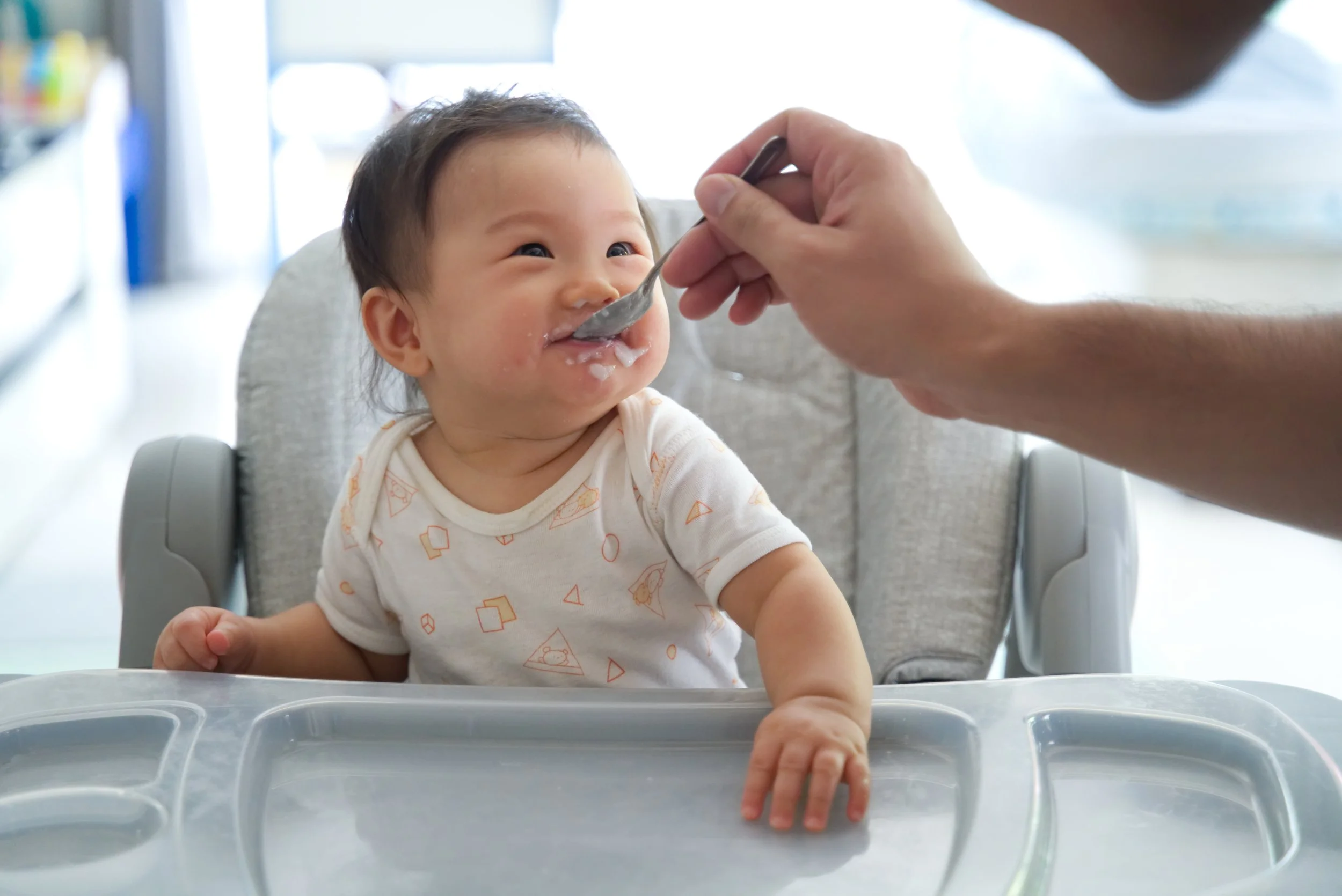
Weaning Made Easy
Starting solids can feel overwhelming, especially when you’re wondering what to feed your baby first thing in the morning! In this week’s blog, we explore why breakfast matters in weaning, the common mistakes parents make, and how to build balanced, nourishing meals that support your baby’s development. Plus, grab your free download “20 Weaning Breakfast Ideas” for easy, nutritious recipes your little one will love.
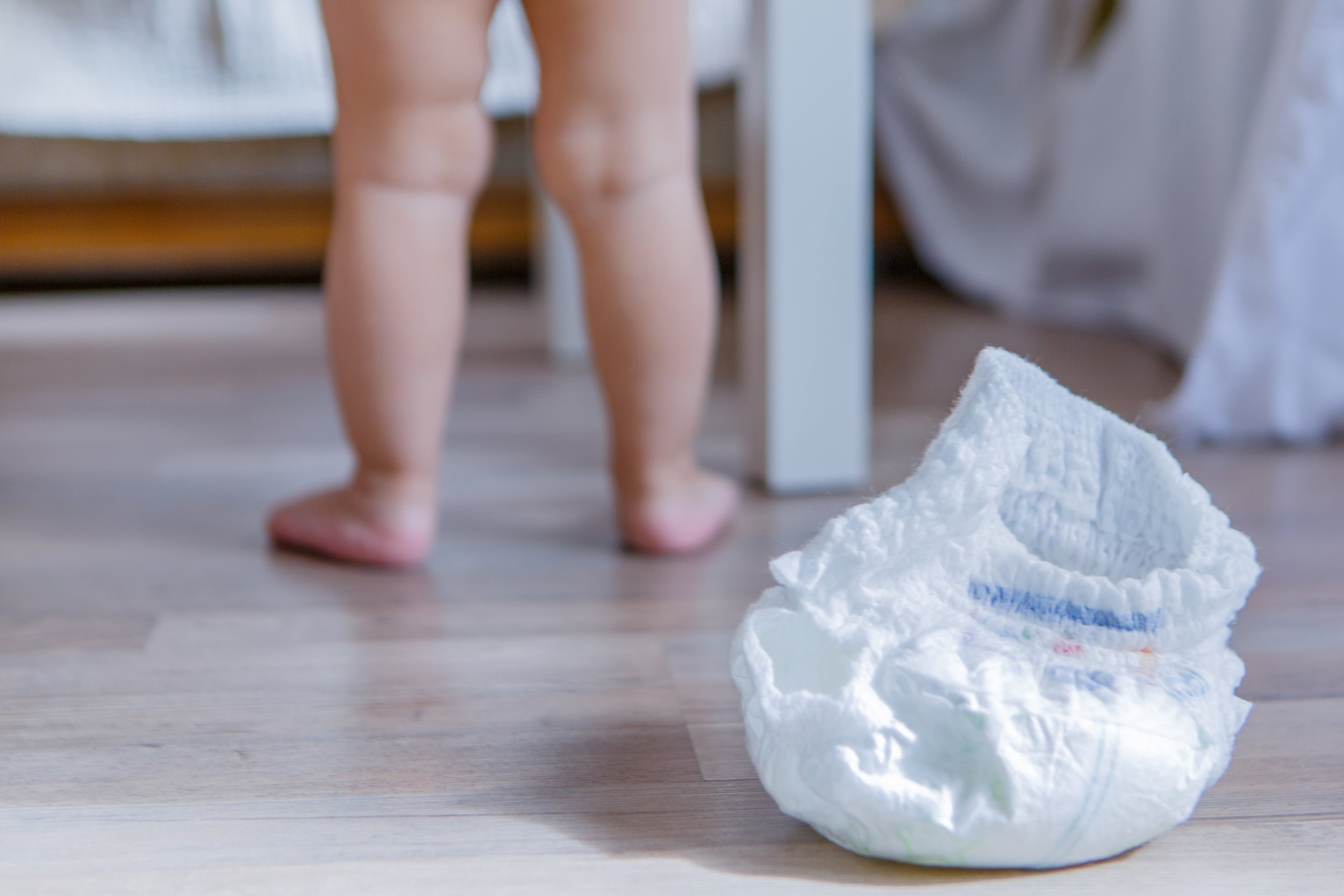
Is My Child Ready for Potty Training?
Potty training isn’t about waiting for a magic sign it’s about supporting your child to build the skills they need step by step. By starting preparation around 18 months, using role modelling, nappy-free time, and play, you can gently guide your toddler towards independence without pressure or stress.

Sensitive Children
Some children experience the world more intensely, from loud noises to big emotions. These “sensitive children” may have unique sensory needs, be neurodivergent, or reflect personality traits like orchids rather than dandelions. This blog explores how to understand and support sensitive children so they can thrive.

Separation Anxiety in September
Separation anxiety is a normal part of childhood, but September’s new routines can make it feel extra tough. Discover why it happens, how to ease your child’s worries, and ways to look after yourself during this stage.

Developmental Milestones
Developmental milestones give parents a guide to what most children can do at certain ages, but they’re not deadlines. Every child’s journey is unique. Here’s what you need to know about supporting age-appropriate development from birth to 5 years.

Sleep Struggles After Summer
Late nights and busy summer days often leave children’s sleep routines in chaos. If bedtime battles and restless nights sound familiar, you’re not alone. In this blog, I’ll share simple, evidence-based steps to gently reset your child’s sleep routine and support them through the back-to-nursery transition.

How Your Child Learns Empathy
Empathy is more than just being kind, it’s a skill that helps children connect, regulate emotions, and resolve conflict. In a world facing increasing division, teaching empathy from a young age is one of the most powerful tools we have to raise emotionally intelligent, compassionate adults.

Overstimulation in Babies and Toddlers
Overstimulation is a term many parents hear, but few truly understand. While it’s normal for babies and toddlers to become overwhelmed by too much noise, light, or activity, it’s not something to fear. This evidence-based blog explores what overstimulation really is, how to recognise it, and what you can do to support your child through it, without avoiding the rich experiences they need for healthy development.

Newborn Sleep: What’s Normal
Newborn sleep can feel unpredictable and exhausting, but it’s completely normal. In this evidence-based guide, we explore what newborn sleep really looks like, why frequent waking is essential, and practical ways to survive the early weeks, plus a free downloadable sleep survival guide to support you.

Ready, Set, School! Summer Tips…
Starting school is a major milestone. This blog explores simple, evidence-based ways parents can prepare their child emotionally, socially, and practically over the summer holidays, so they start school feeling confident and secure.
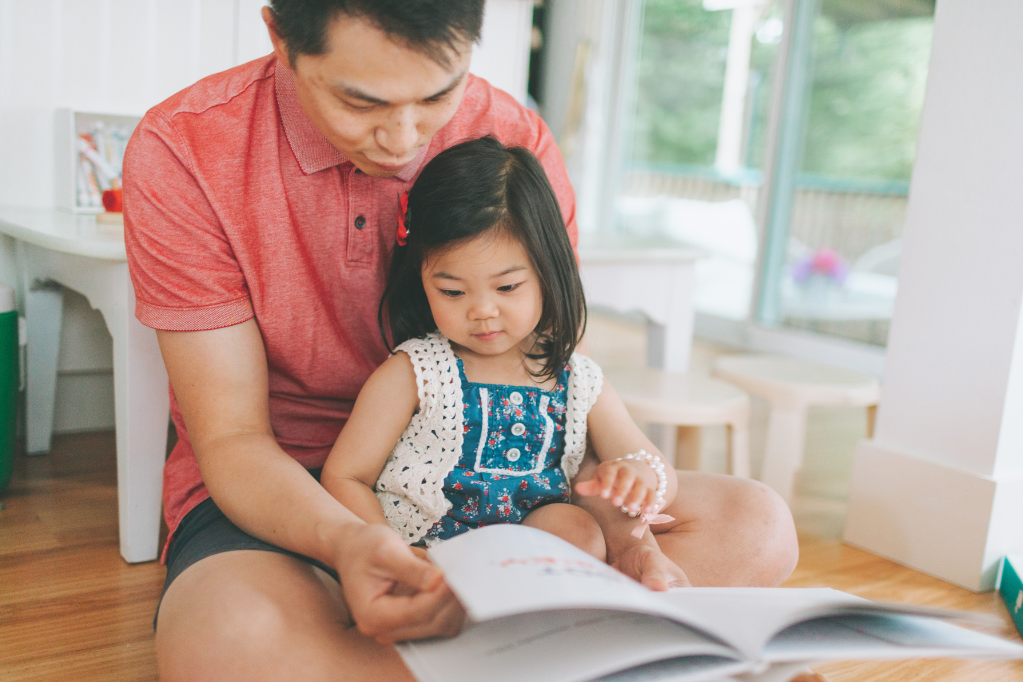
Emotion Coaching in Parenting
Discover how emotion coaching, a powerful, evidence-based parenting approach, can help your child develop resilience, emotional intelligence, and better behaviour. Learn the four simple steps to use at home, backed by the latest child development research.
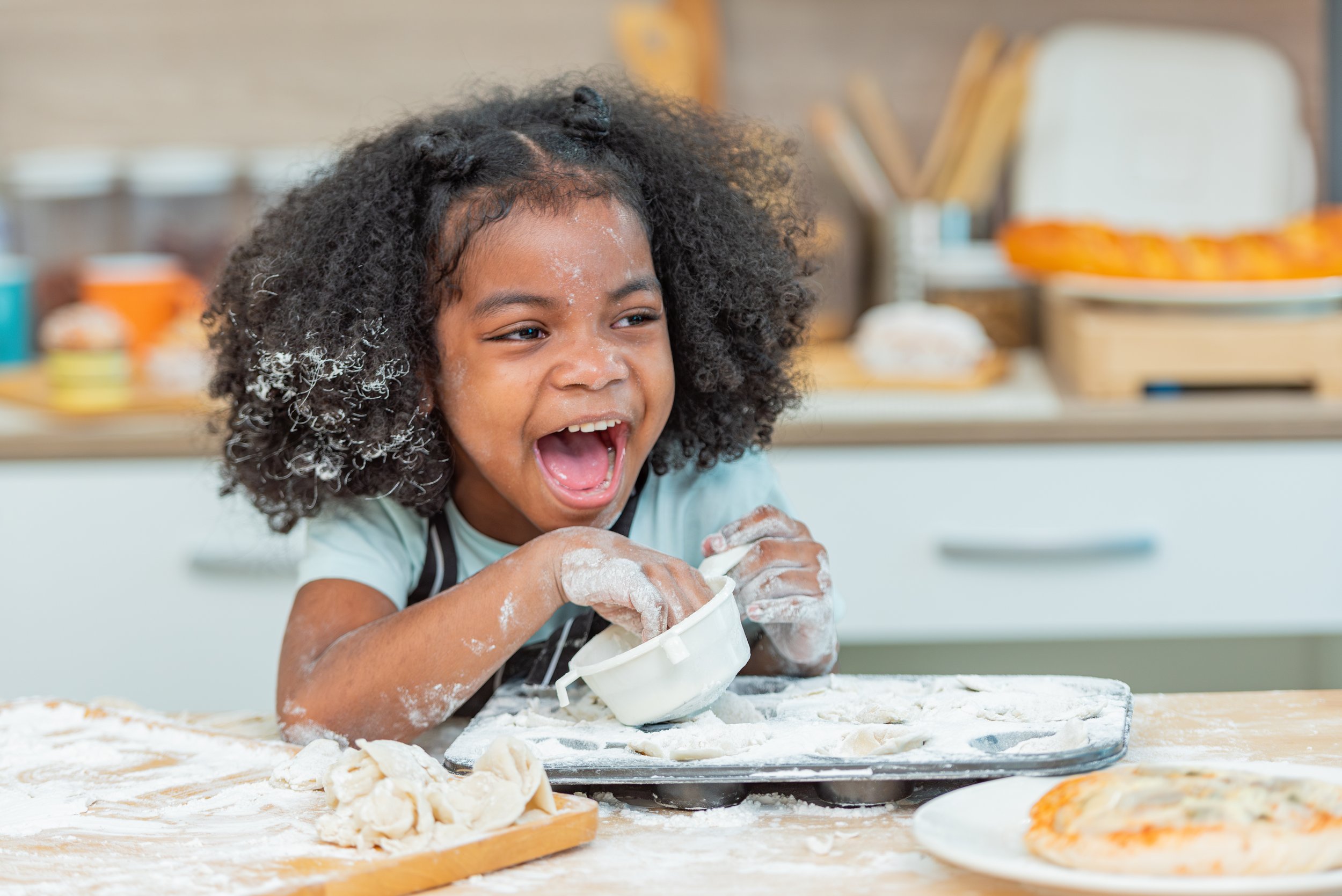
Raising a Confident Child
Confidence isn’t something we can hand to our children, it’s something they build through experience, encouragement, and connection. In this blog, we explore six evidence-based ways to raise a confident child, supported by the latest research in child psychology and development.

What is Parent Coaching?
Parenting doesn’t come with a manual—but support shouldn’t be hard to find. Parent coaching offers evidence-based, personalised guidance to help you feel more confident, connected, and calm in your parenting. Whether you’re navigating toddler tantrums, sleep challenges, or emotional overwhelm, coaching provides a non-judgmental space to build strategies that work for you and your child. My coaching is grounded in child development and responsive parenting, this is support that truly empowers.

The Myth of 'Bad' Sleep Habits
Discover why 'bad' sleep habits in babies and toddlers are a myth, according to the latest evidence in paediatric sleep and responsive parenting. Learn how rocking, feeding to sleep, and contact napping are biologically normal, promote secure attachment, and support healthy sleep development, without creating long-term problems. Stop worrying about so-called sleep mistakes and start understanding your child’s sleep needs with confidence.

Milk After One Year Old
For many parents, reducing milk feeds after their baby turns one can feel overwhelming. You may hear mixed advice on how much milk your child needs, when to cut down, or what to do if your little one is refusing solids but demanding milk. It's a common concern and you’re not alone.

The Importance of Boundaries
When we hear the words gentle parenting, people often picture permissive, boundary-less parenting, but that couldn’t be further from the truth. Boundaries are essential for children’s development, emotional security, and long-term wellbeing.

The Best Toy for Your Baby’s Development
In a world that markets solutions for everything, it’s easy to forget: you are the solution. Your baby doesn’t need a “super parent.” They need you—present, responsive, and connected. You are enough.
